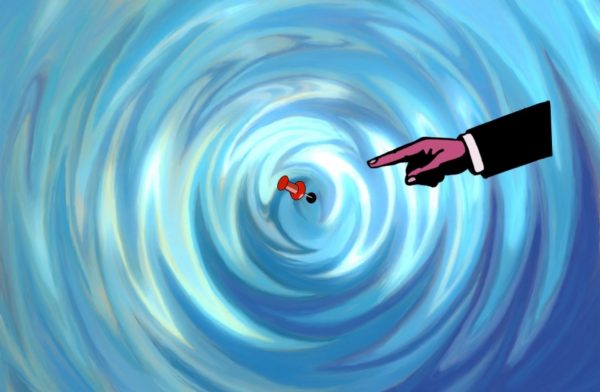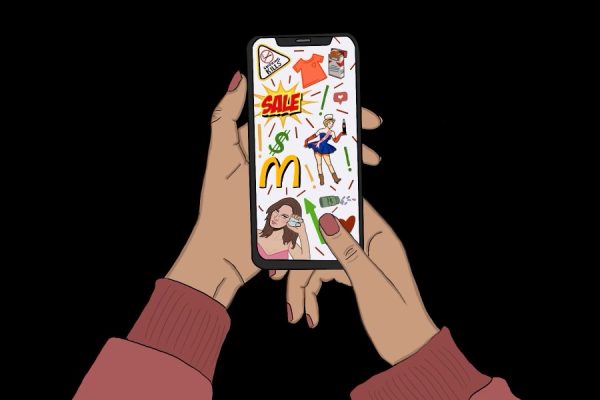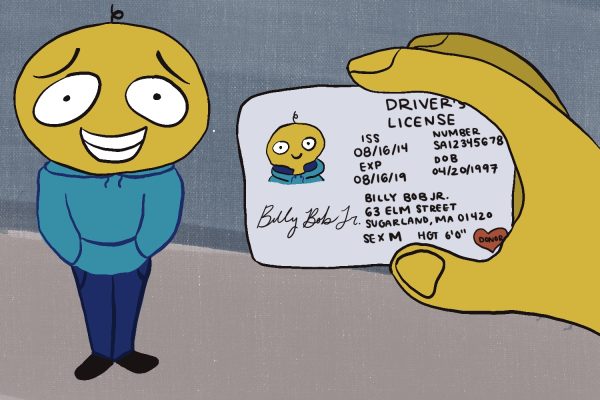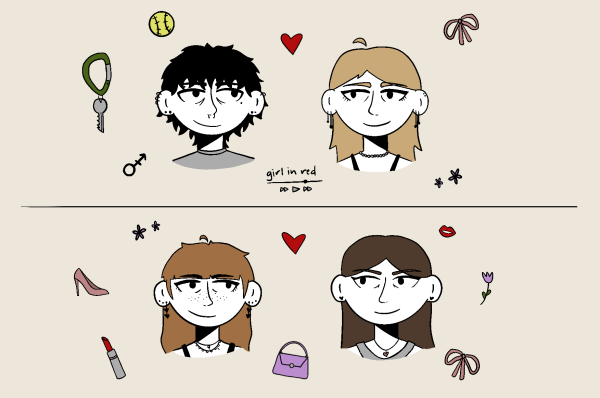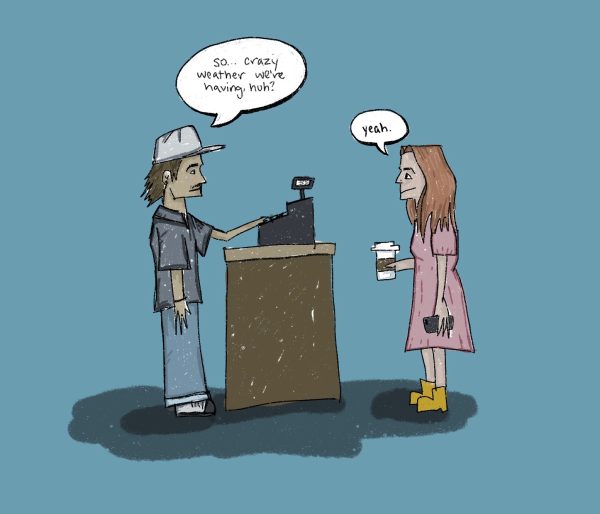Blame guns, not mental health
March 9, 2018
One day after the school shooting in Parkland, Florida, President Trump tweeted, “So many signs that the Florida shooter was mentally disturbed. Must always report such instances to authorities, again and again!”
It is not uncommon for pro-gun politicians to bring up mental health in response to mass shootings or those suggesting gun control. In 2014 Ann Coulter said, “Guns don’t kill people — the mentally ill do.”
According to a December 2017 CBS News poll, 68 percent of respondents said that better mental health screenings would significantly reduce gun violence in the U.S.
It is important to note that Americans do not have higher rates of severe mental health conditions than the global average, as illustrated in a 2009 study by the Harvard School of Medicine.
However, the U.S. has had 31 percent of the world’s mass shootings since 1966, according to a 2015 study done by the University of Alabama.
The notion that mass shootings and gun violence are strongly correlated with mental health issues in the U.S. is a false and prejudicial narrative that has wormed its way into the public discourse without confronting the facts around mental health and guns in America.
A 2015 study published in the Violence and Gender Journal found that only 22 percent of those who committed a mass shooting were mentally ill.
Additional research done at Vanderbilt University in 2015 showed that less than 5 percent of gun-related killings in the U.S. were done by those with mental illness.
The truly sobering fact about all this is that those suffering from severe mental illness are two to three times more likely to be the victims of violence than the rest of the U.S.
This is not to say that the mentally ill should have easy access to weapons. However, simply doing mental health screenings would be difficult to implement, as the National Institute of Mental Health states that the term “mental illness” could apply to one in six Americans.
We should be treating those around us who suffer from the hardship and pain of mental health issues with compassion and respect rather than scapegoating them and using them as a shield against proponents of gun control.
Stop saying that mental health is the most important factor in gun violence. The facts are not on your side.


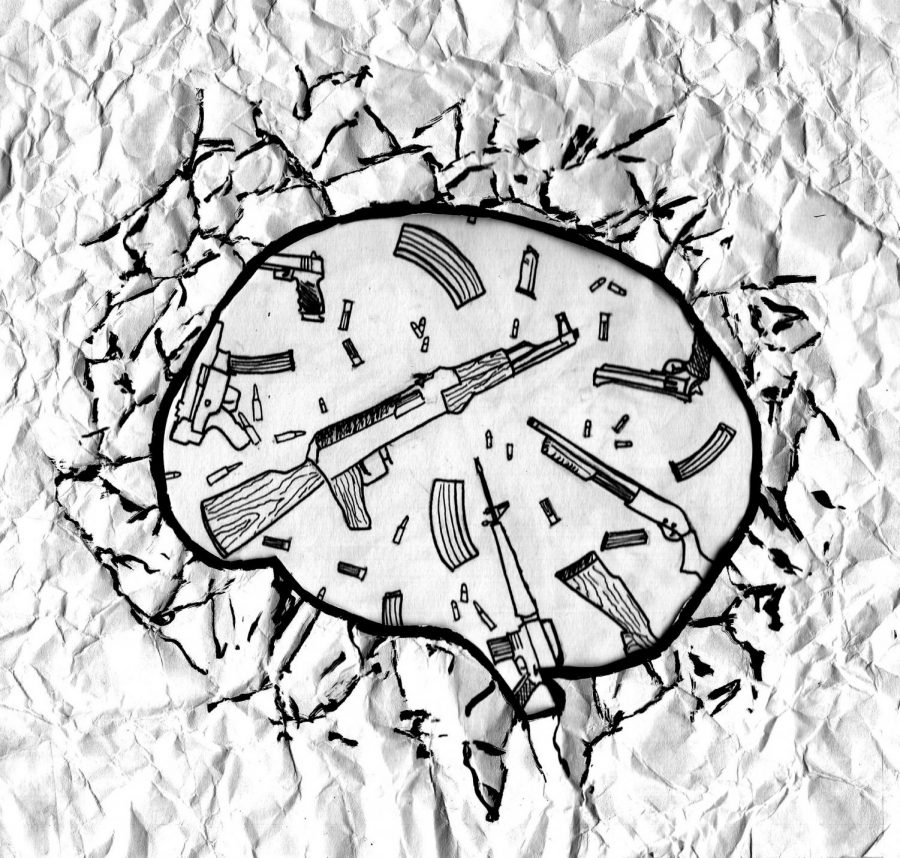





![Can’t buy me [self] love](https://vtcynic.com/wp-content/uploads/2024/04/self-care-FINAL-600x398.jpg)

